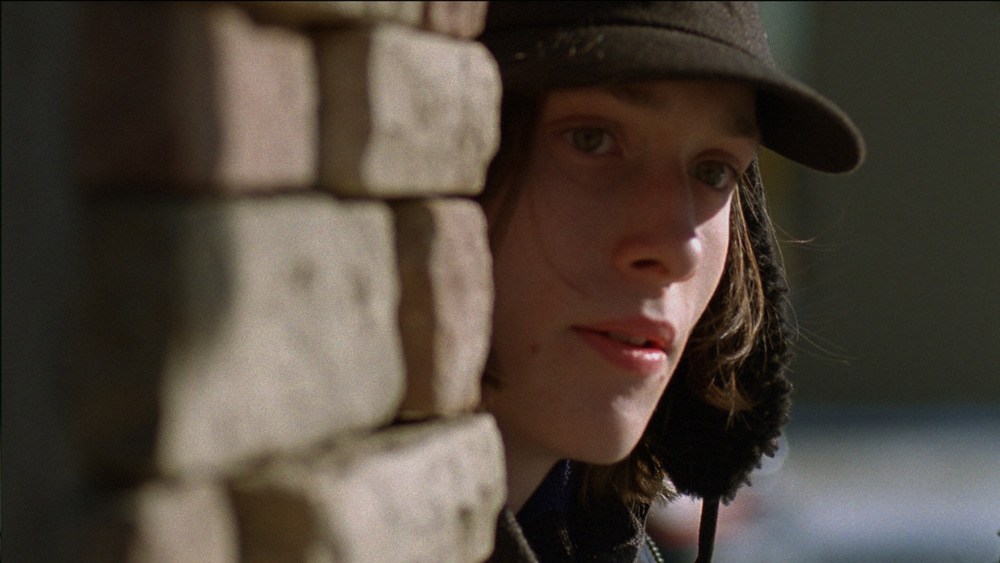Nobody 2
by Hope Madden
Hutch still has trouble getting the trash out on time, but other than that, his life is considerably different than it was four years ago when Nobody turned Bob Odenkirk into an action star and Odenkirk turned the film into the most watchable riff on John Wick ever.
Hutch’s wife Becca (Connie Nielsen) has accepted her husband’s line of work, but that doesn’t make it any easier that he is never home. Where once he was the center of his household, now he watches from the curb, garbage bag in hand, as each member of his family goes their own way without him.
Not today! Nope, Hutch is going to take his family to the very spot that meant so much to him as a kid: Summerville. It’s a water sliding, amusement parking, duck-boat riding Midwest tourist trap where nothing could possibly go wrong.
Unless this is a sequel to a fun “particular set of skills” actioner, which it is, so instead Hutch and his family stumble into a duck-boatload of trouble.
Director Timo Tjahjanto, known mainly for Indonesian folk horror, directs this with a cheery energy that may not match Ilya Naishuller’s original in terms of action, but it does the job.
Odenkirk still cuts a funny figure as an action star, and he makes Hutch’s longing for a nice, normal family feel sad and sweet.
Nielsen continues to impress in an underwritten role, and Sharon Stone lends some fun villainy, although both are hampered by the script. Derek Kolstad, working this time with Aaron Rabin, has no idea how to write women because he is so hyper-focused on the fact that these characters are women. We don’t always have to refer to our gender when we speak. No one needs to call themselves a bitch or a mama bear. It’s just a lazy man (or two) not working very hard to craft actual characters.
Still, supporting work from John Ortiz, RZA and Colin Hanks helps to offset the problem, and the whole she-bang ends in a cheap amusement part, which is undeniably fun.
Plus, who doesn’t want to see Christopher Lloyd with a Tommy gun? Isn’t that what summer is all about?






